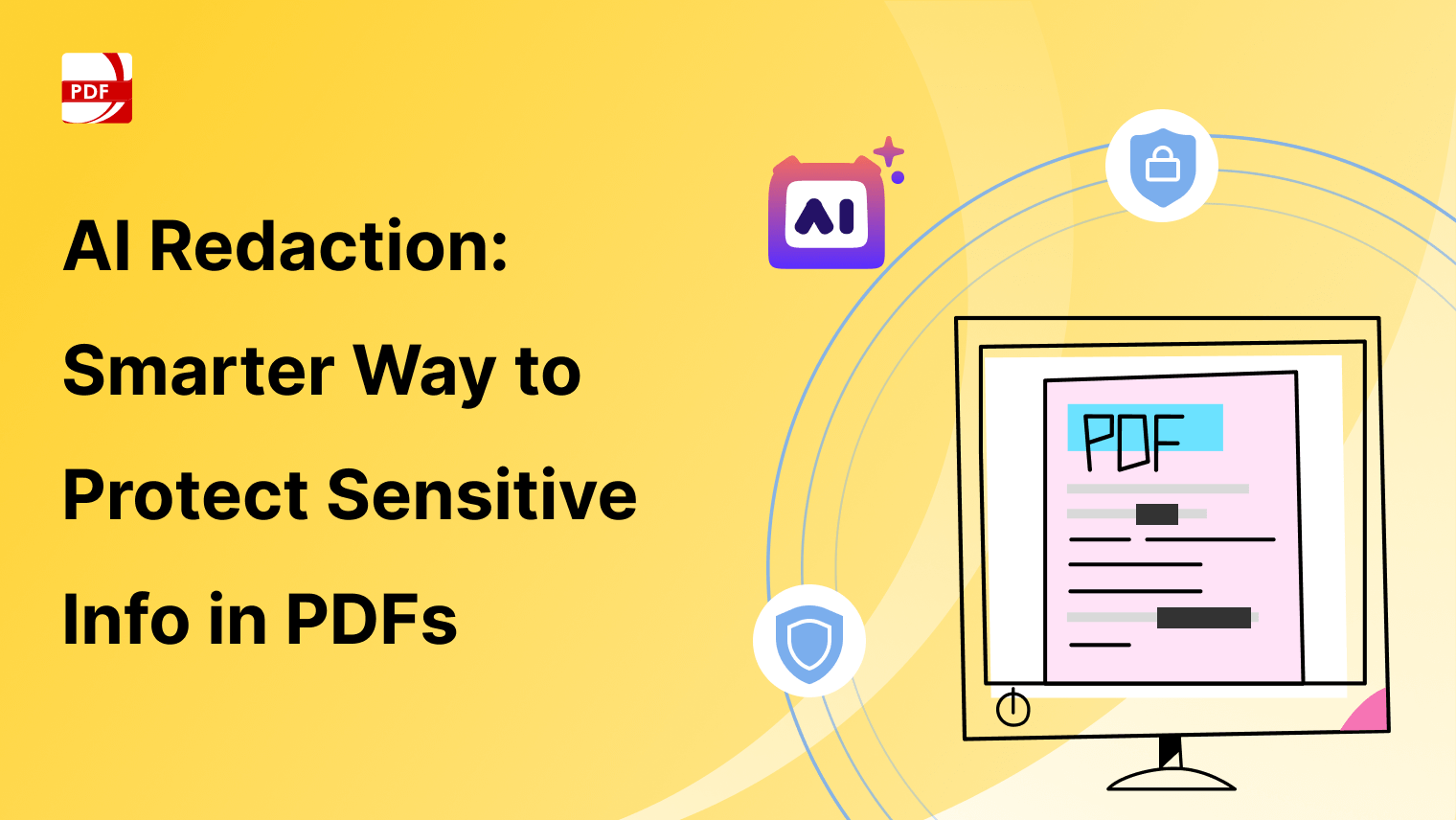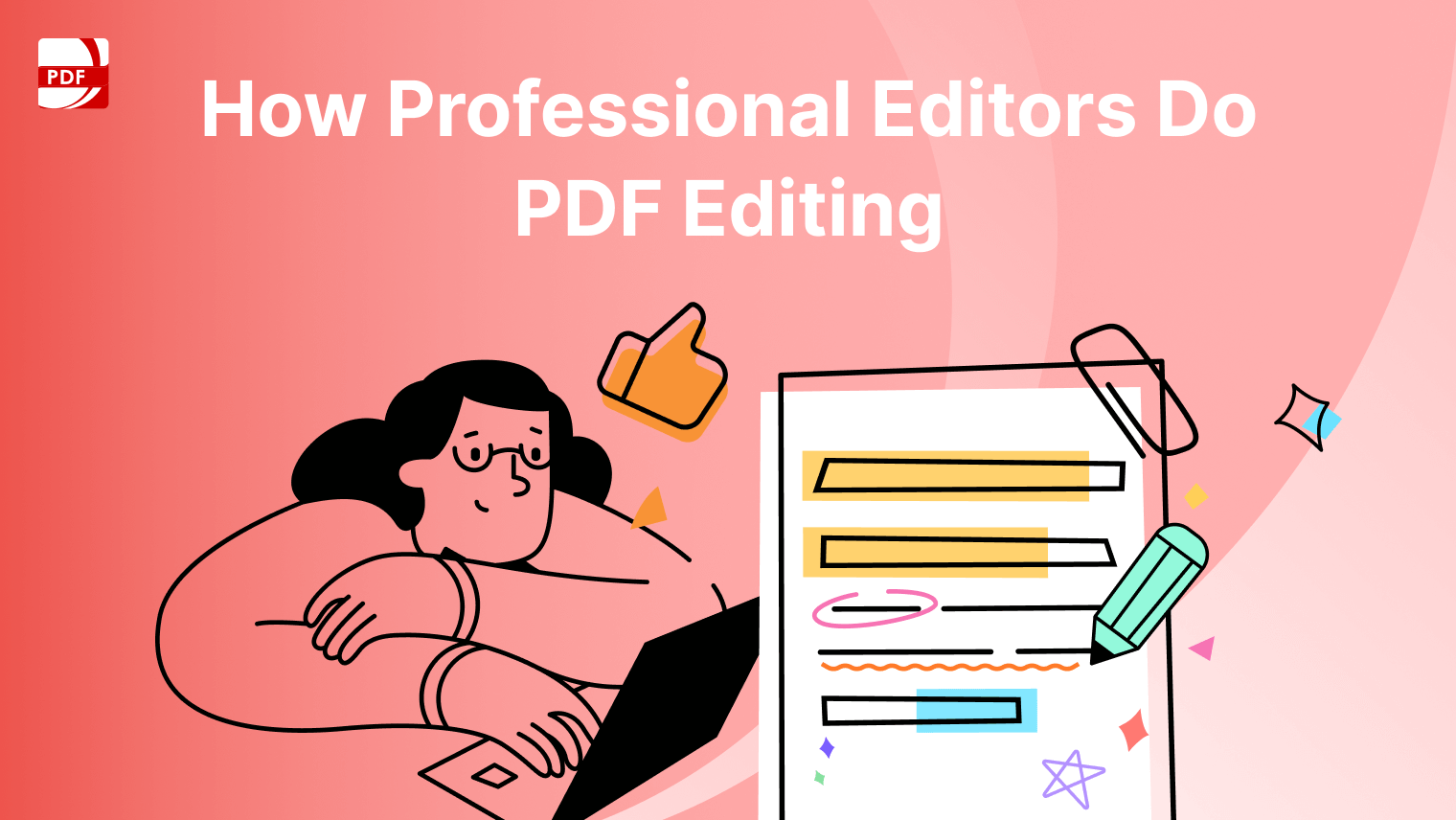Tier lists are widely used in various domains to systematically rank items, characters, or skills according to distinct criteria. These lists serve as essential tools for enhancing clarity and simplifying the decision-making process.
In the following sections, you'll learn how to craft your own tier list. We'll walk you through each step of the process, using a downloadable template to organize and visualize your rankings effectively.
What is a Tier List?
A tier list is a powerful visual tool used to categorize items, characters, or skills into different levels known as "tiers". These tiers reflect varying degrees of performance or importance, helping users distinguish the best from the merely good or subpar.
The concept of a tier list originates from gaming communities but has found applications far beyond, from academic settings to corporate decision-making. The visual format of tier lists not only makes complex data more digestible but also facilitates quicker decision-making by clearly highlighting the comparative standards of each item or character ranked.
Common Uses:
- In Video Games: Gamers commonly use tier lists to rank characters in terms of strength, abilities, and overall effectiveness in the game. This helps players strategize and optimize their gameplay, choosing characters that offer the best performance for competitive play or missions.
- Product Rankings: Businesses and consumers alike employ tier lists to evaluate products across various dimensions such as quality, price, and feature sets. This is particularly useful in fast-paced markets, where quick and easy comparisons can greatly influence purchasing decisions.
- Prioritizing Tasks or Skills: In both personal and professional settings, tier lists can be utilized to organize tasks by urgency and importance. This prioritization helps individuals and teams focus on what’s most critical, ensuring efficient use of time and resources.
Benefits of Using a Tier List:
- Visual Clarity: Tier lists provide a clear and organized visual representation of rankings, allowing for immediate comprehension of where items stand relative to each other.
- Flexibility and Update Ease: As new information becomes available, tier lists can be easily adjusted. This flexibility is crucial in fields where data and circumstances change rapidly, ensuring that the rankings remain relevant and useful over time.
Learn how to compile a polished reference list that leaves a lasting impression.
Download Our Tier List Template
A Tier List Template is a pre-designed framework that helps you visually organize and categorize items according to their importance or performance. Ideal for ranking everything from video game characters to business tasks, our template simplifies the ranking process, ensuring you focus more on analysis and less on formatting.
Key Features of Our Template:
- Customizable Tiers: Easily modify tier labels (e.g., S, A, B, C, D) to fit your specific ranking needs.
- Color-Coded Sections: Visualize your rankings with clear, color-coded tiers for quick assessments.
- User-Friendly Design: Simple, intuitive interface that makes editing and organizing items effortless.
- Flexible Layout: Add or remove tiers and items to match your unique evaluation criteria.
- PDF Compatibility: Seamlessly integrate with PDF Reader Pro for enhanced editing and sharing capabilities.
This template not only offers convenience but also the flexibility to tailor it for any ranking system you need, making it a perfect solution for personal or professional use.
With PDF Reader Pro, you gain the flexibility to not only view and edit PDF documents but also customize your tier list efficiently. Our template allows for quick modifications and dynamic adjustments, making it easy to update as new information becomes available.
With this dynamic tool, managing your tier lists has never been easier. Download today to streamline your ranking process and keep your lists up-to-date effortlessly.
How to Use Our Tier List Template
Using a tier list template is an excellent way to streamline the organization and presentation of rankings across different scenarios. Here’s a step-by-step guide on how to make the most of our tier list template, complete with screenshots from PDF Reader Pro to illustrate each step.
Step 1: Open the Template
Start by opening the customizable tier list template you've downloaded. Designed to be intuitive and adaptable, this template allows you to easily create structured and clear rankings, whether for games, tasks, or products.
Simply open the file in PDF Reader Pro to begin customizing it to your needs. Experience how efficiently you can build a professional-tier list with just a few clicks.

Step 2: Add Your Items
Start entering the items or categories you wish to rank. PDF Reader Pro supports text entry and lets you drag and drop items into the appropriate tiers for quick and easy sorting.

Step 3: Share or Print Your Tier List
Once you’ve completed your tier list, you can save it for future reference, share it with others via email or cloud services, or print it out for physical distribution. PDF Reader Pro offers flexible sharing and printing options to suit your needs.

By using PDF Reader Pro, you can customize and share your tier list with ease. This tool enhances your ability to create a well-structured, professional tier list, making it simple to visualize comparisons and share your results clearly and effectively.

Tips for Creating an Effective Tier List
Creating a tier list is more than just sorting items—it's about making a useful tool that helps in decision-making. To maximize the effectiveness of your tier list, consider the following tips:
Be Clear About Ranking Criteria
Ensure your criteria are well-defined and transparent to anyone who uses the tier list. A clear understanding of why and how items are ranked promotes consistency and fairness in the evaluation process.
Limit the Number of Tiers
Maintain simplicity by using no more than 5-6 tiers. Too many tiers can make the list confusing and less user-friendly. A streamlined tier list helps users make quick and clear distinctions between choices.
Update Regularly
As new data becomes available or as items and circumstances evolve, it's crucial to update your tier list. Regular revisions ensure that your list remains accurate, relevant, and useful over time.
Find out how to organize your tasks efficiently with a structured to-do list for work or study.
Common Mistakes to Avoid
Even with the best intentions, certain pitfalls can undermine the effectiveness of your tier list. Here are some common mistakes to watch out for:
- Unclear Criteria: Avoid vague or ambiguous criteria. Specific and clear ranking factors are essential for a reliable and actionable tier list. Make sure that the basis for each ranking is clearly documented and easily understandable.
- Overstuffing Tiers: Resist the temptation to place too many items in one tier. This can lead to a loss of meaningful differentiation between items. Aim to distribute items appropriately to maintain a balanced view and enhance decision-making clarity.
- Not Revisiting Rankings: Regular updates to your tier list are essential. Changes in the market, new information, or shifts in trends can impact the relevance of your rankings. Reassess your tier list periodically to ensure it continues to reflect the current landscape.
By adhering to these tips and avoiding common mistakes, you can create a tier list that not only serves its intended purpose but also stands as a reliable resource in various decision-making scenarios.











 Free Download
Free Download  Free Download
Free Download 





 Support Chat
Support Chat